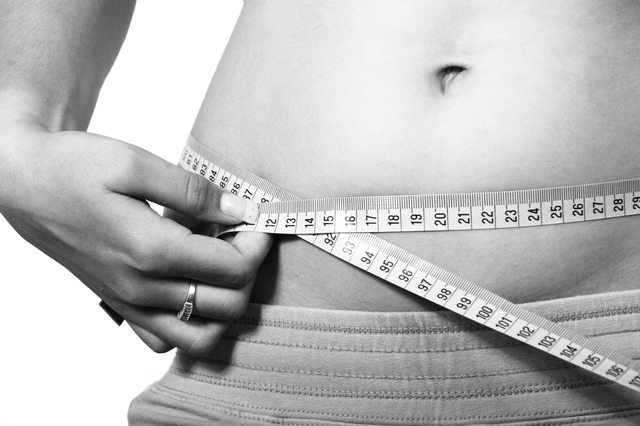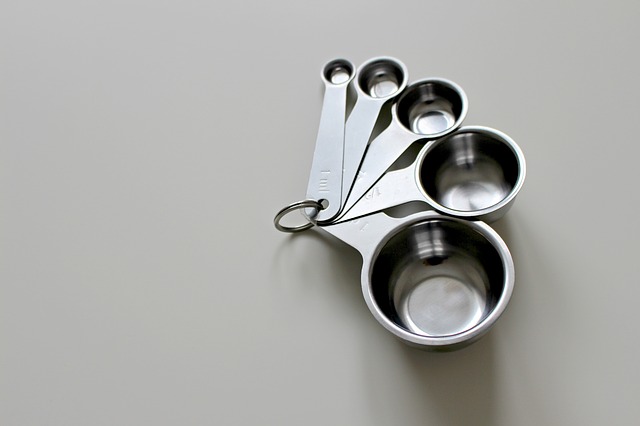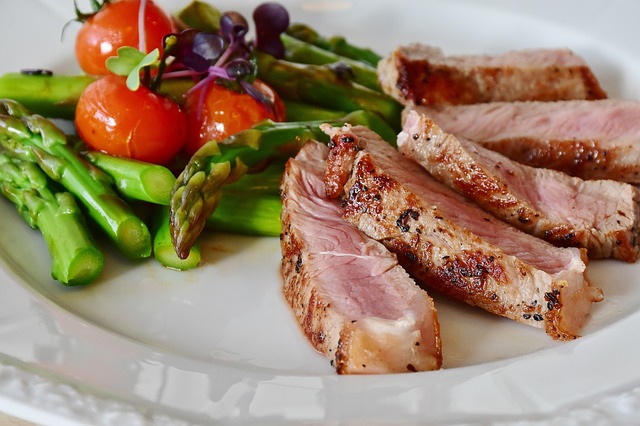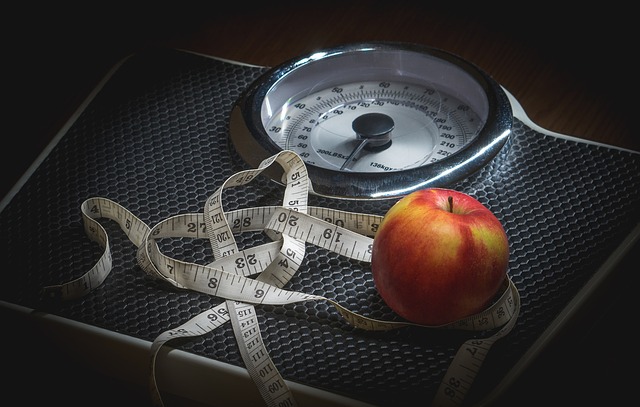It is time to cover a very important topic today – lets finally figure out what is important and what is not so important when it comes to nutrition. I receive questions regarding nutrition daily and, judging on these questions, I can see that people asking them are extremely confused by excessive, unnecessary, and contradicting information out there.
Let me show how someone can have it all mixed up. For example, I hear a question “Alex, I never eat junk food, but I just can’t lose that weight, what is wrong?”. Or another one “Do I need to eat everything organic to lose that 10 pounds?”. These types of questions tell us right away that person asking them doesn’t quite know what is more important in his/her nutrition, and what should take a backseat for a little while, so everything becomes that Big Important Factor of Weight Loss. Waaaay more often than needed you will end up jumping ahead of what is important and concentrating on a secondary thing that may not even apply to you.

Now, not to sound overly optimistic, there are very few topics more complicated and contradictory than nutrition, and to be up to date and informed about all things nutrition you need to be a registered dietologist with a specialized degree. And, frankly, since no one wants to put THAT much effort into knowing what their next few meals should look like, lets develop a simple strategy that will help you to find your way in this ocean of information.
First thing first. Whatever the goal is, whether it’s a leaning out and losing weight or building muscle, the most important part that should be on your watch is CALORIE CONTROL. Before everything else, figure out what should be your caloric need for losing weight or gaining weight, record the number and start tracking it at least roughly. Whenever I hear “Oh, I don’t believe in counting calories, Dr. Such-n-Such advises not to count them, but to drink a glass of apple cider a day, pounds will peel off me”, I just lose it. It is a complete rejection of basic science in favor of voodoo chanting. Again, CALORIES MATTER. If you need to gain – eat MORE calories. If you need to lose – eat LESS calories. If you need to maintain – eat ENOUGH calories to SUSTAIN.

Second thing comes second, and don’t try to put it on a first place! I am talking about MACRONUTRIENTS. When we know the number of calories needed for our goal, then we can figure out the ratio between protein, carbohydrates and fats.

Or, if figuring out specific macros is not your thing, make a list of foods that are compliant with your goals and foods that are not so compliant, and try to stick to first list. What I am talking about here is thinking “organic = good = healthy = lean and skinny” is VERY faulty way of thinking. Remember, you can very easily overeat on an organic gluten-free apple pie! Calories still matter more! The proper ratio between proteins, fats and carbs feeds our bodies to function and perform to the best of its ability, but it is NOT a pass to jacked physique! It is healthier approach, but not a game changer. If this approach would matter as much as some people make it sound, there wouldn’t be so many conflicting diets out there – high protein, high carbs, low fat, low carbs, you name it!
Third thing matters too, but be smart and don’t make it an obsession! What I mean by “third thing” is TIMING for your meals. How many times you have heard “don’t eat after 6 pm” rule? Now I have a question – why so many people that preach that rule are struggling with excessive weight? It’s a rhetoric question, of course. You don’t have to adhere to general timing rules, only to those that fit your lifestyle. Other than “nofoodafter6pm!” rule there is famous “never skip your breakfast” rule. Even though I am all for big breakfast myself, it is not a rule that will absolutely crush your gains if you delay a morning meal by an hour or two.
Now, to quickly conclude all my wordy thoughts:
- Prioritize the number of calories you consume daily. Going slightly over or slightly under will not kill you, but the consistency matters, so try to keep your weekly caloric intake roughly the same.
- Once you have your calories at check, start improving the ratio between proteins, fats and carbs. If you need to lose weight and minimize muscle loss – keep your protein higher, make sure you have your dose of healthy fats daily and keep a firm grip on carbs, don’t let them go off-leash.
- After you become more aware of the two variables above – make the timing work for you. Pick the schedule where your have reasonable breaks between meals, usually 3-4 hours, and fuel yourself. That’s right, treat your meals for your body as fueling of a high-performance engine. Don’t go 6-7-8 hours without food. Make it work for your life, but don’t obsess over the fact that sometimes things must be bent a little here and there.
That’s all! My list of nutritional prioritizing will help you navigate with no confusion among nutritional advice that you hear a celebrity, neighbour, a co-worker or a friend talking about. If it’s a tip on how to limit the amount of food – it has to do with calorie control. That can be important if you are trying to lean out, lose fat and maintain muscle. If the advice you hear brings up the type of food (organic, gluten-free, low-carb, high protein, etc) – it has to do with macros and their ratios. Could be useful if you are working on your macros. If you already have a plan, and keep your macronutrients in check, then this type of advice becomes a distraction way too often. And if you hear things like “no food after 6”, or recently and Intermittent Fasting became a big thing – remember, it works, but not on everyone. It may not work on you just because it doesn’t fit your daily regime. Instead of bending yourself to the rigidity of a meal plan, search for other options.



Leave A Comment